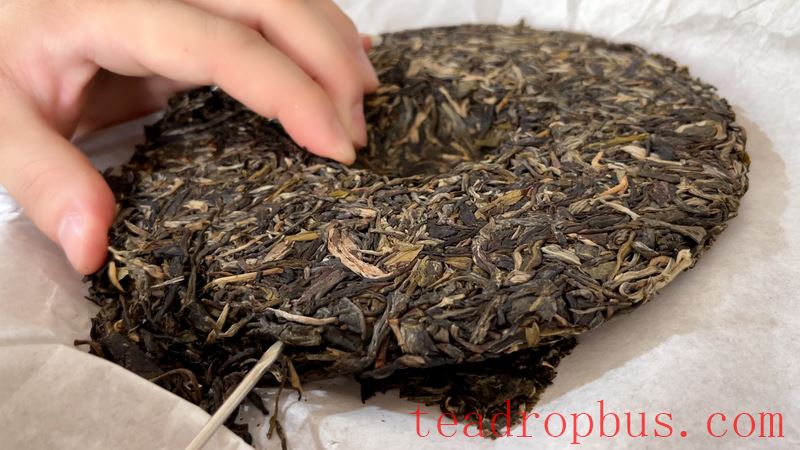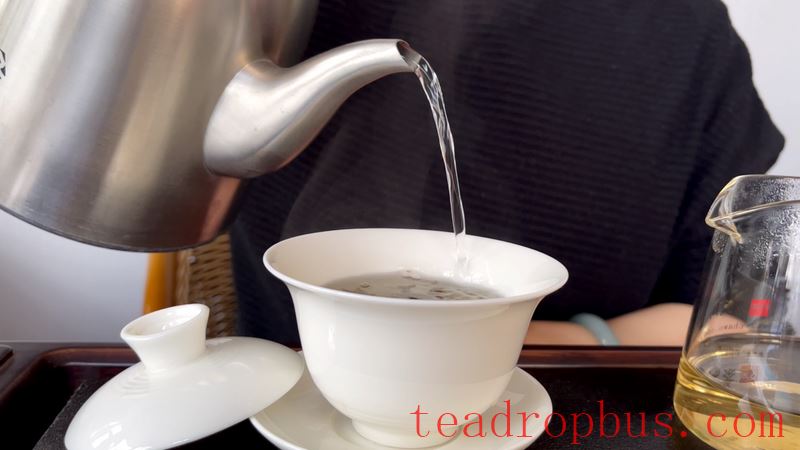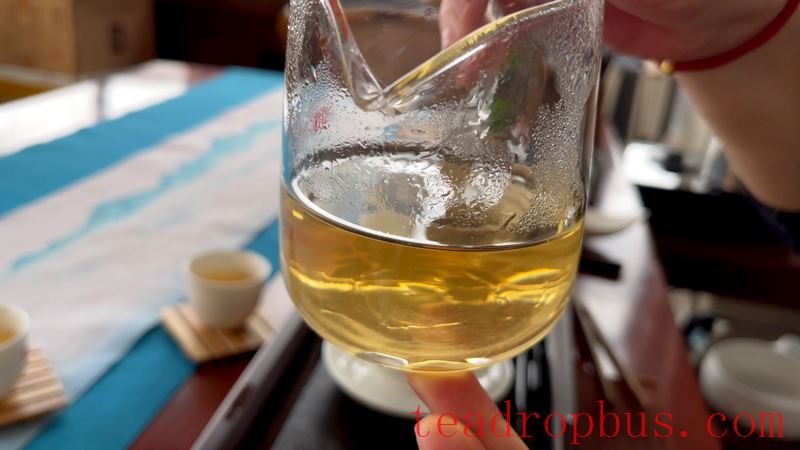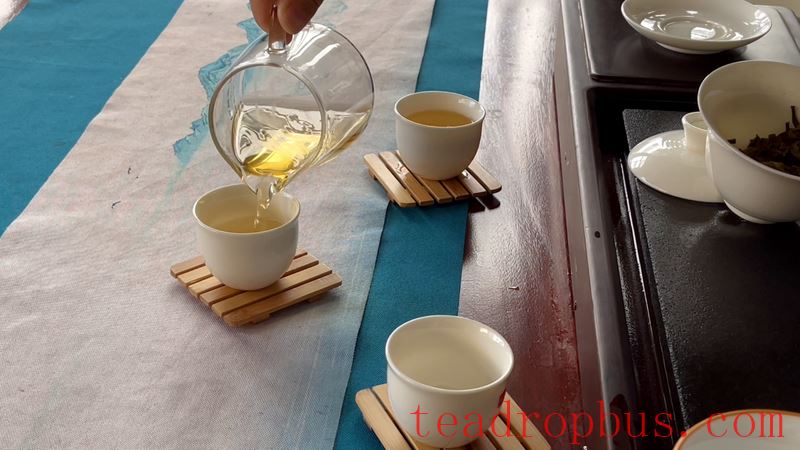When buying Tea, it's important to know how to select it and identify whether any fragrance has been added. You can start with these five points.

1. Smell the Dry Aroma
Tea is a natural product, and the aroma of dry leaves is generally not very intense. If you take a handful of dry tea and smell it, a light and natural scent usually indicates that no additives have been used.
Conversely, if the dry tea has a strong, overpowering scent that lingers in your nose, it is likely that fragrance has been added.

2. Rub the Tea Leaves Between Your Fingers
You can rub the tea leaves between your fingers. If your hand becomes coated with powder or changes color, this indicates that some additives have been included.
3. Infuse at Low Temperature and Smell
If brewed with water at 80 degrees Celsius, the tea appears cloudy or has a very high aroma, it is likely that fragrance has been added.
This is because most teas require water above 90 degrees Celsius for their aroma and flavor to be released, whereas most fragrances dissolve and emit scent rapidly at 80 degrees Celsius.

4. Observe the Persistence of the Aroma
After brewing, if the aroma decreases quickly with each infusion and shows little variation, and if by the third infusion there is no tea aroma left, it is possible that fragrance has been added.

5. Observe the Stain Overnight
After drinking the tea, leave the Cup unwashed overnight. The next morning, you will find a thick layer of residue in the cup. If the residue is yellow, deep yellow, orange-yellow, or other shades within the yellow-orange spectrum, this indicates that the tea contains no additives. On the other hand, if the residue is green, dark green, black-green, or other colors, it suggests that the tea may contain additives.